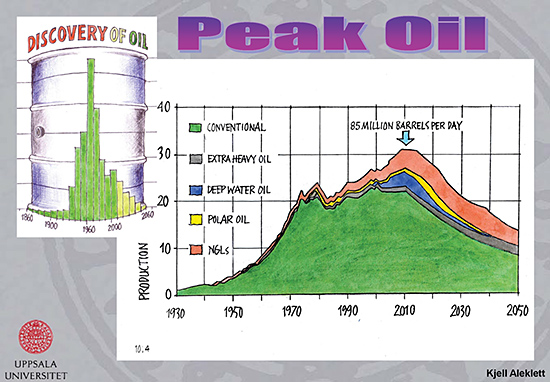Whenever I ask a question you find difficult to answer, you accuse me of somehow cheating.
I think you've lost track of the conversation (which is odd because it is only a handful of posts on one page). You didn't ask a question, you were the one
responding (whether to an implied question or just another statement is irrelevant). This has nothing whatsoever with you asking me questions, difficult or otherwise.
Your link refers to Gross Domestic Product per capita, not World Gross Product. Here is a graph:
http://www.maoner.com/world_gross_product.JPG
Not sure what maoner.com is, but I trust the World Bank a little more. It isn't possible for per capita gdp to go up and world population to go up and not have world total gdp also go up. One issue with my graph though is that it wasn't inflation adjusted. Here's another one showing world GDP growth, which is inflation adjusted:
http://data.worldbank.org/indicator/NY.GDP.MKTP.KD.ZG/countries?display=graph
Again: just one negative year.
The data clearly shows that oil production has slowed considerably since the 1960s.
You left out the word "growth", but yes, it has. You know what else has dropped?
-Population growth.
-Energy intensity (energy efficiency has improved).
The conclusion is that world oil production will eventually go into decline. That seems very obvious and logical. Why are both the premise and conclusion incorrect?
The vague conclusion of course must be correct. What is incorrect is your prediction about
when. Your prediction just a few monthsh ago was that by the summer we'd be in the throes of the oilpocalypse, whereas most expert predictions don't even show decreasing production for decades.
You are saying that oil production will continue to increase for decades. World oil production is currently growing at a rate of only about .4%. Are you saying that it will continue to grow at this very slow rate for several decades?
No. That .4% rate is a reflection not a cause of slow economic growth. The world economy is expected to pick-up next year and with it, production is expected to rise by 2.3%.
http://online.wsj.com/article/SB10001424127887323550604578413081208912360.html
Beyond that? The EIA's projection appears roughly linear for the next few decades, meaning roughly constant barrels and slowly decreasing percentage growths (page 31):
http://www.eia.gov/forecasts/aeo/pdf/0383(2013).pdf
Just plugging some numbers in it looks like an average of just under 2% growth for the next several decades.
Won't that tend to result in very slow economic growth for generations to come?
Yes, but again, slow is not backwards.
What about all that debt? What about all that decaying infrastructure?
Unrelated. And even if you could prove they were related, it still wouldn't help you since our debt problems are
also decades away from becoming critical. For example, Social Security is projected to exhaust its trust fund in 2037.
Wrong. Most experts would say that world oil production will begin it's logical and inevitable decline at some point. That is not a controversial point.
"at some point" is far too vague to be of value. Of course it will start to decrease "at some point". At issue is
when:
Can you produce some links to experts who hold your view that oil production will continue to grow for decades?
The link above projects increases out for three more decades, which is as far as the projection goes. You of course know this since you've been looking at such predictions for like two years! I don't know if this is a case of selective memory or trolling, but you are - as always - very, very wrong.




